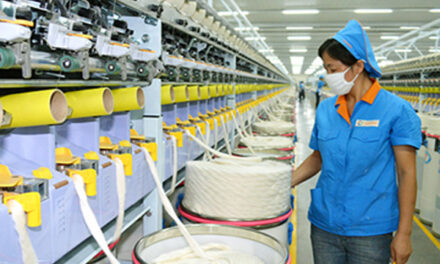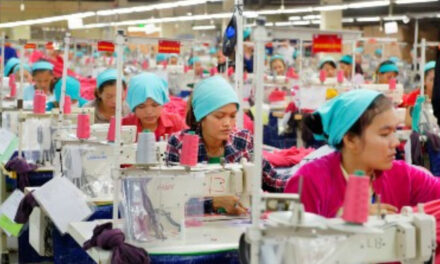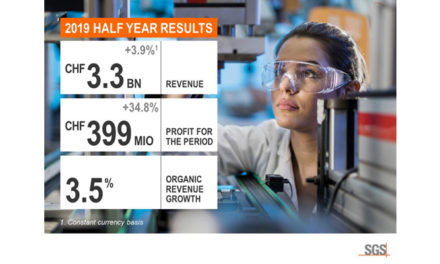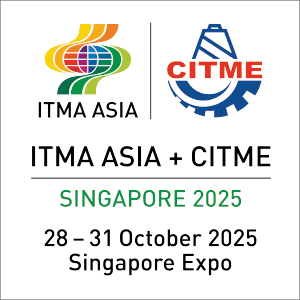 The Northern India Textiles Mills Association (NITMA) recently requested the government to quickly notify anti-dumping duty (ADD) on viscose spun yarn originating from Indonesia, Vietnam and China as recommended by the Directorate general of Trade remedies (DGTR) in December last year. NITMA President Sanjay Garg said such cheap imports do not favour the ‘Make in India’ initiative.
The Northern India Textiles Mills Association (NITMA) recently requested the government to quickly notify anti-dumping duty (ADD) on viscose spun yarn originating from Indonesia, Vietnam and China as recommended by the Directorate general of Trade remedies (DGTR) in December last year. NITMA President Sanjay Garg said such cheap imports do not favour the ‘Make in India’ initiative.
Cheap imports act as a big disincentive for the downstream industry from investment perspective, which restricts the growth and expansion of domestic industry, Garg said in a report.
A representation on this request has been sent to the ministry of finance.
However, the National Committee on Textiles & Clothing (NCTC) last month appealed to Prime Minister Narendra Modi to remove ADD on viscose staple fibre (VSF) and address the VSF spun yarn availability and price issues to prevent job losses and stoppage of production across the VSF textile value chain. NCTC is a common platform representing the chain. The textile industry has been facing stagnation for many years, primarily due to the lack of availability of the basic raw material of man-made fibre/filament yarn at internationally competitive prices.
Taking a serious view of the high price of VSF in India, leaders of the Apparel Export Promotion Council (AEPC), the Confederation of Indian Textile Industry (CITI), the Clothing Manufacturers Association of India (CMAI), the Indian Spinners Association (ISA) and the Powerloom Development Export Promotion Council (PDEXCIL) submitted a joint petition to the Prime Minister in this regard in January.
The demand for VSF and its blended textiles and clothing has increased both in India and abroad. As the imported yarn price is cheaper, the weaving and knitting sectors have been importing large volume of VSF spun yarn earlier. The import of VSF spun yarn has increased from 2 mn kg during fiscal 2016-17 to 56 mn kg during 2019-20, NCTC said.
NCTC also highlighted that in the post-pandemic market scenario, VSF price has increased from $1.15 to $1.50 per kg in the last few months. The availability and price are affecting the entire VSF value chain, especially the knitted and power loom sectors. All the major VSF power loom clusters in Tamil Nadu, Maharashtra and Gujarat are agitating against the steep increase in VSF prices.










